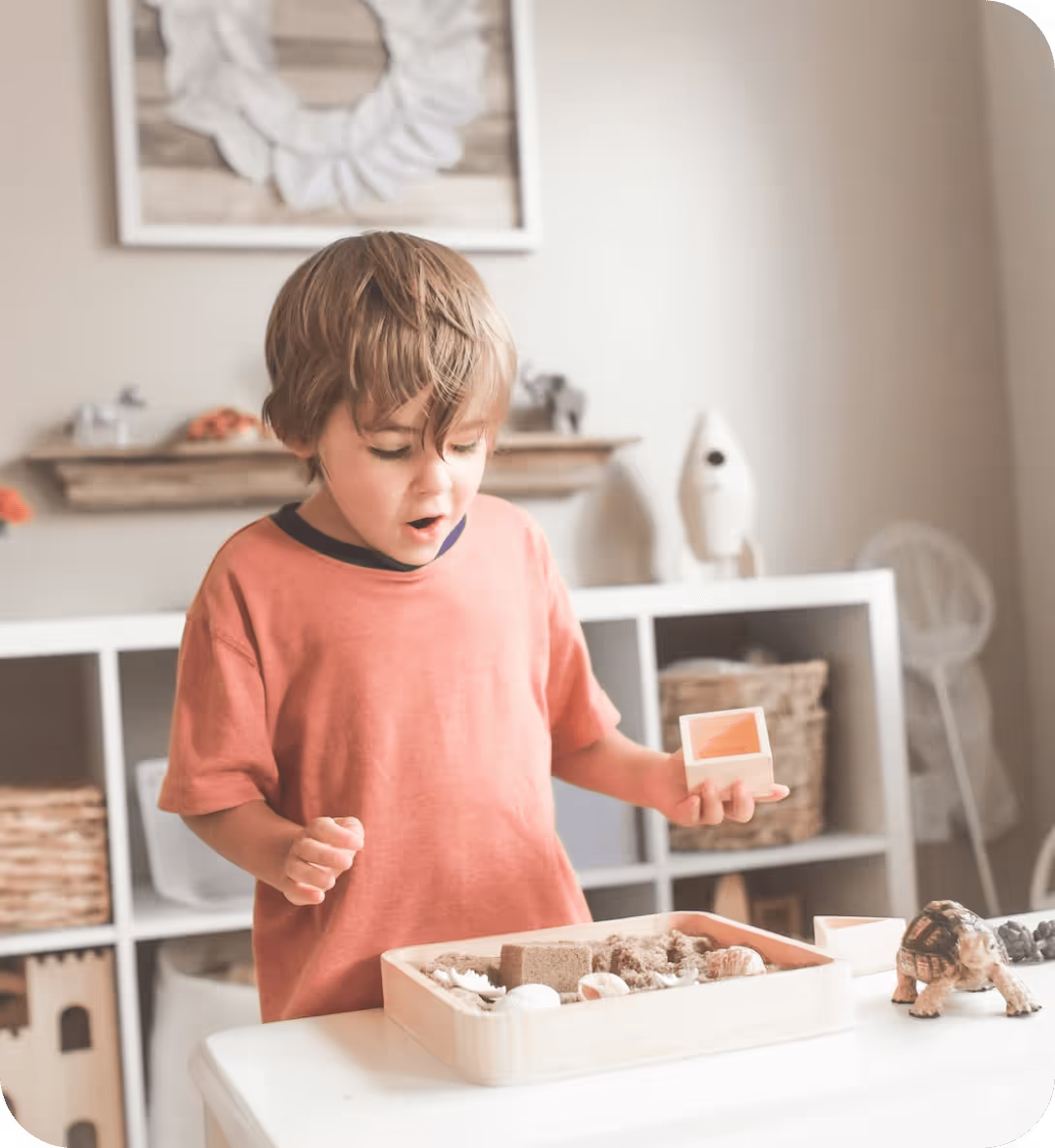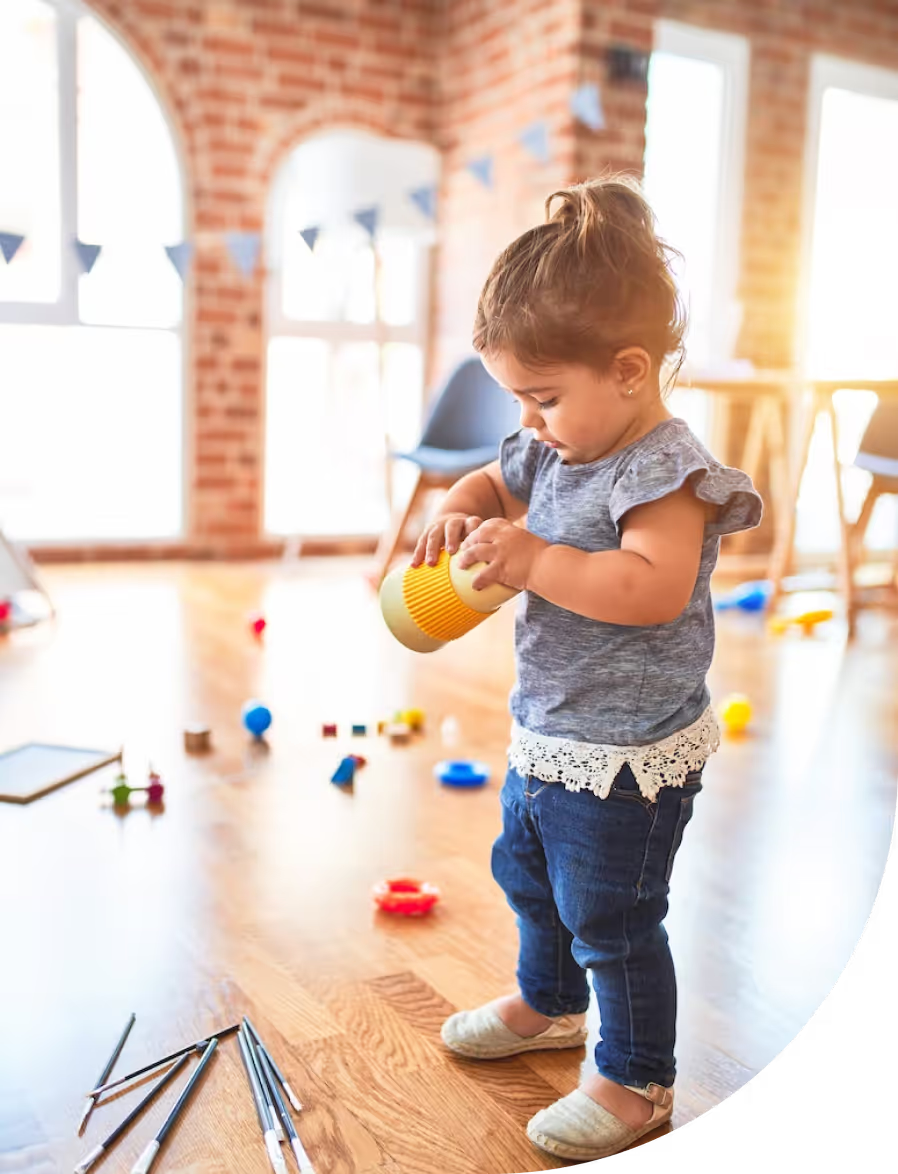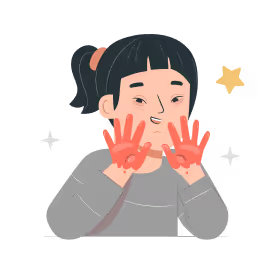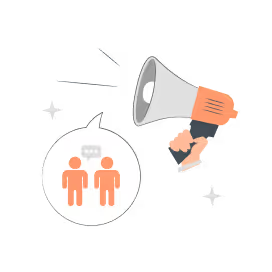Start ABA Therapy Today
But you shouldn't have to wait weeks on end, argue with insurance companies, or turn your family’s schedule upside-down to get your child the therapy they need.
We’re here to help your child thrive and make your life easier in the process, so you can focus on being there when they need you most.

Life’s hard enough.
Getting ABA therapy should be simple.
Expert help getting an accurate diagnosis
Short waiting time for appointments
Insurance eligibility and approvals
A treatment plan tailored to your child
All your questions patiently answered
Parent and family training and education
By your side at every step
We’ll handle the hiccups and minimize the headaches along the way. Here is what you can expect when you get started with Ambitions ABA therapy.
We’ll discuss your child’s challenges, needs and insurance information to help determine their eligibility for ABA therapy.
Our BCBA will ask you about your child’s history and background, do an evaluation, and observe them in their natural setting.
The BCBA will create a detailed treatment plan that includes the behavior goals that you’ve discussed together.
Through hands-on play and immersive activities, your child will learn new skills and how to apply them in real-life settings.



How do I know if my child can benefit from ABA therapy?
Most parents who come to us notice a few of these common signs:
Avoids eye and physical contact
Repeats words or actions over and over
Doesn’t take an interest in other people
Must follow certain routines and gets upset by small changes
Is extremely sensitive to touch, light, sound, taste, etc.
Has difficulty recognizing emotions, jokes and gestures
Fixates on certain activities or objects
Is often impulsive, inattentive, or aggressive
Has delayed language and movement skills
Receive an ABA therapy plan as unique as they are
Your child’s tailored therapy plan will help them overcome their particular challenges, focusing on areas such as:

Personal care skills
Feeding, bathing, personal hygiene, potty training

Social skills
Speech, communication, and other social skills

Daily living skills
Dressing, eating, sleeping, writing, using scissors

Parent/family training
Responding to difficult behaviors and encouraging positive ones







